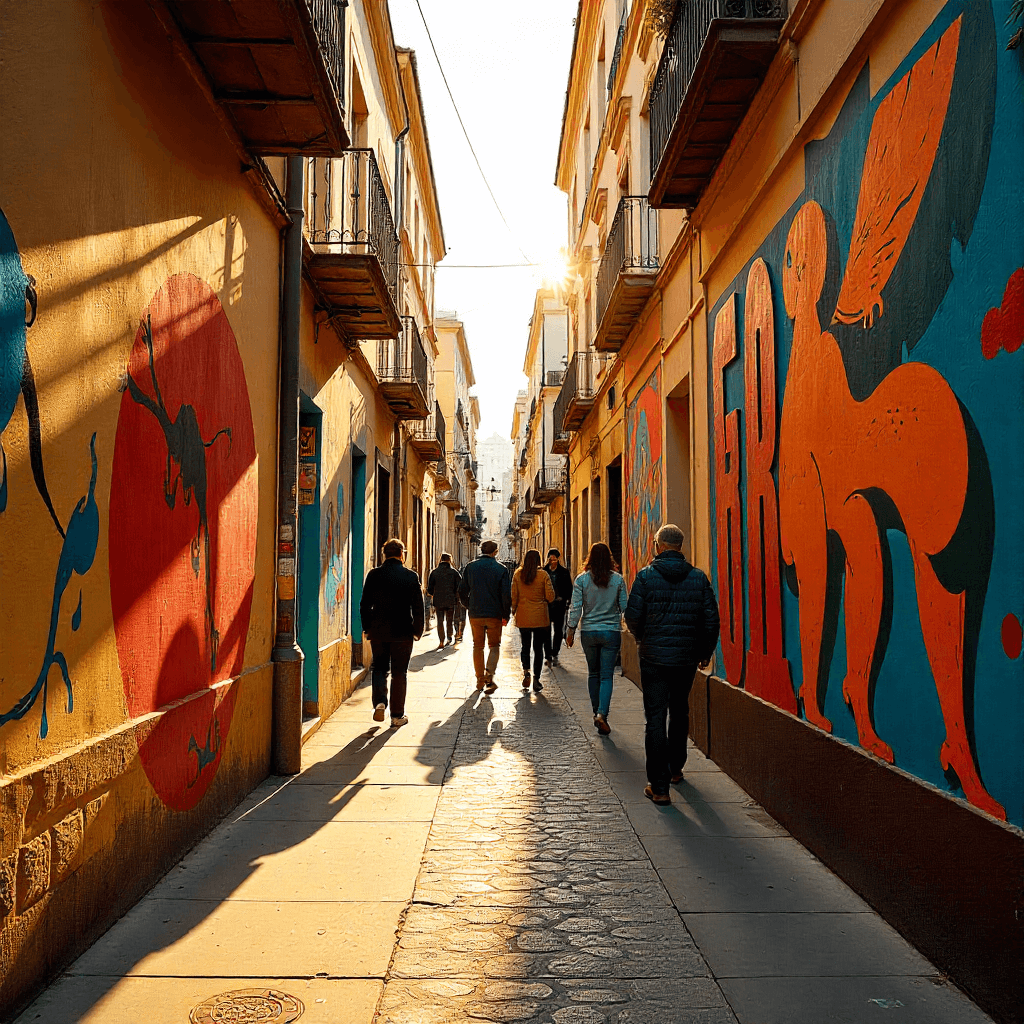Tourism as a Catalyst for Economic Diversification
Tourism is increasingly recognized as a powerful engine for economic diversification and social inclusion in Landlocked Developing Countries (LLDCs). These nations, often facing unique challenges due to their geographic location away from seaports, are discovering how sustainable tourism can broaden their economic horizons and promote inclusive growth.
International Tourism Arrivals and Untapped Potential
By 2024, LLDCs received an estimated 50 million international tourists, accounting for roughly 3.5% of global arrivals. However, despite this influx, their share of tourism export revenues remains modest at just 1.4%. The average income generated per tourist arrival in these countries is significantly lower than the global average — USD 445 compared to USD 1,182 worldwide. This gap indicates ample room for harnessing tourism’s full economic potential through smart policies and value maximization.
Integrating Tourism with Broader Economic Structures
The Awaza Programme of Action (APoA) for 2024–2034 places tourism at the heart of LLDC development strategies. It aims not only to double the output of service sectors such as tourism but also to strengthen the connections between tourism, agriculture, creative industries, and cultural sectors. This multi-sectoral approach promises to generate diverse income streams and overall structural transformation.
| Priority Areas in APoA 2024-2034 | Key Tourism-Related Targets |
|---|---|
| Structural Transformation | Double service sector output including tourism |
| Private Sector Development | Foster public-private partnerships in tourism |
| Foreign Direct Investment | Attract investments to boost tourism infrastructure |
| Transit, Transport, and Connectivity | Improve infrastructure to ease tourist access |
Accelerating Sustainable Tourism
Leaders and experts from Turkmenistan, Uzbekistan, Tajikistan, and organizations like the UN Food and Agriculture Organization (FAO) and Japan International Cooperation Agency (JICA) emphasize several pillars for tourism growth in LLDCs:
- Infrastructure development to support seamless travel and enhance destination accessibility.
- Community participation ensuring locals are active stakeholders in tourism’s benefits.
- Capacity building for MSMEs to empower small and medium-sized enterprises in offering quality services.
- Responsible and sustainable tourism promoting environmental and cultural respect.
- Product development to diversify tourism offerings and attract varied market segments.
- Public-private collaboration to stimulate investment and innovation within the sector.
Tourism for Rural Development: Empowering Local Communities
The UN Tourism’s Tourism for Rural Development Programme is designed to accelerate inclusive growth by focusing on community well-being in rural areas. Notably, it supports several initiatives that bolster rural tourism:
- Best Tourism Villages: A self-assessment tool that guides rural destinations in improving their tourism appeal and sustainability.
- Small Grants Programme: Currently piloted in Africa with support from the Tui Care Foundation, this initiative finances grassroots tourism projects to empower local communities.
Key Recommendations for Sustainable Growth
The dialogue at the LLDC event yielded strategic recommendations crucial for tourism to serve as an engine of economic diversification and social inclusion:
- Prioritize tourism as a central pillar in economic strategies, focusing on nature-based, rural, and cultural tourism that fosters job creation and entrepreneurship.
- Enhance cross-sector links between tourism and agriculture, creative industries, cultural heritage, and conservation to build strong value chains.
- Upgrade infrastructure and connectivity, especially air transportation, to facilitate smoother travel and regional integration.
- Support MSMEs and community-led tourism with inclusive policies and sustainability-oriented training.
- Establish diverse financing mechanisms, such as small grants and public-private partnerships to amplify grassroots initiatives and sustainable tourism models.
Implicaciones para los servicios de taxi y traslado
As tourism grows in LLDCs, the demand for quality and reliable ground transportation—such as taxis and private transfers—will inevitably increase. Here, platforms like GetTransfer.com can play a pivotal role. Travelers can book transfers tailored to their needs, choosing vehicles by make, model, and driver ratings, providing transparency rarely matched by traditional services. This smooth connectivity contributes directly to enhancing the overall tourist experience and supports the goals of regional development.
Resumen y perspectivas
Tourism stands out as a promising driver for economic diversification and social inclusion in Landlocked Developing Countries. While arrivals today represent a significant portion of global tourism, these nations still have untapped opportunities to increase the financial benefits and quality of tourism experiences. The strategic focus on infrastructure, rural development, community engagement, and cross-sector collaboration outlined in the Awaza Programme of Action is paving the way for sustainable transformation.
Destacando la importancia de estos conocimientos, es esencial reconocer que ninguna reseña o comentario puede reemplazar la experiencia de viajar de primera mano. En GetTransfer.com, los viajeros pueden elegir entre una variedad de proveedores verificados que ofrecen viajes asequibles y convenientes con una extensa selección de vehículos. Esto permite a los turistas tomar decisiones informadas sobre sus traslados, evitando sorpresas no deseadas y asegurando una buena relación calidad-precio. La transparencia de la plataforma, los precios competitivos y las opciones adicionales se alinean perfectamente con las crecientes necesidades de los viajeros en los destinos en desarrollo. Reserve su viaje GetTransfer.com.
Si bien este creciente sector turístico podría no remodelar radicalmente el panorama mundial de los viajes de la noche a la mañana, tiene una importancia significativa para las economías regionales y su gente. En GetTransfer, el firme compromiso es mantenerse actualizado sobre estos desarrollos y ayudar a los viajeros a navegar por un mundo cambiante con confianza. Comience a planificar su próxima aventura y asegure su traslado mundial con GetTransfer.
En pocas palabras, el papel del turismo en el impulso de la economía local, el empoderamiento de las comunidades y la conexión de los sectores rurales y urbanos es más evidente que nunca. A medida que los PMAIT trabajan para duplicar los resultados del sector servicios y mejorar la conectividad, los servicios de taxi y traslado se convierten en engranajes esenciales en la máquina del turismo. Al proporcionar servicios de automóvil exactos, confiables y con precios definidos, incluidos traslados desde y hacia el aeropuerto y viajes por la ciudad, plataformas como GetTransfer.com aseguran que los turistas lleguen renovados, preparados y listos para explorar sus destinos únicos.


Comentarios